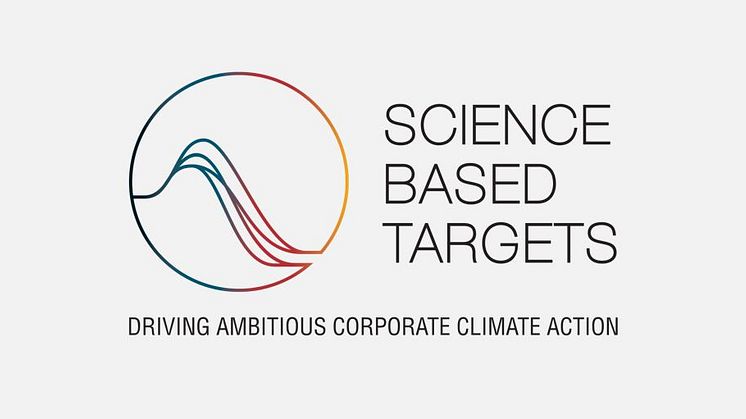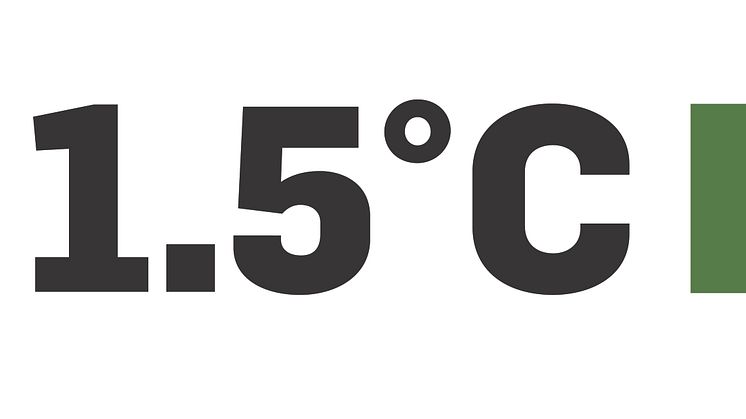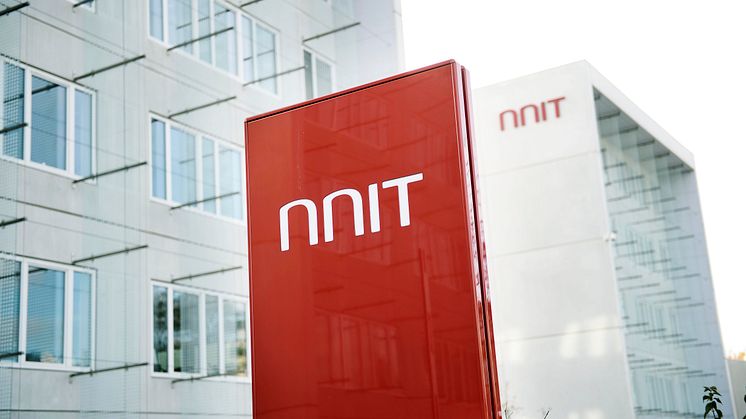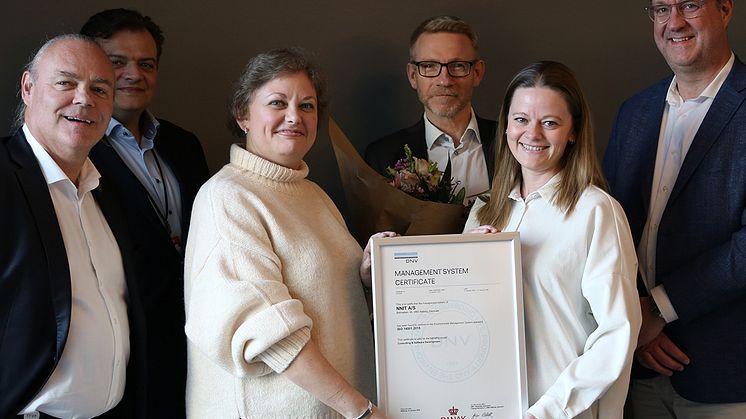
News -
NNIT has committed to the Science Based Targets initiative
By committing to the Science Based Targets initiative, NNIT has taken an important step on the long road to becoming carbon-neutral and becoming a part of the climate change solution.
In 2021, we published our first CO2 emissions report with an overview of our emissions. This second step, committing to the Science Based Targets initiative (SBTi), is about reducing those emissions and making sure that our targets are ambitious and in line with the Paris Agreement.
NNIT has committed to setting both short-term and long-term targets as recommended by the SBTi. Short-term targets 'just' need to meet the criteria and recommendations of the SBTi. Long-term targets, however, are targets set in order to reach net-zero value chain CO2 emissions no later than 2050 and in line with the SBTi Net-Zero Standard.
What sets SBTi apart is that they provide the thresholds for when reduction targets are ambitious enough. Based on the most recent climate science, they will assess, validate and hopefully approve our reduction targets once delivered within the coming 24 months.

Data comes with a carbon price
IT and data comes at a carbon price, and this price is increasing daily. Like in the physical world, the digital world has a pollution problem, which comes from the compilation of huge amounts of digital waste.
Piles of archived emails, documents, apps, photos and videos make up digital waste stored on servers that use electricity.
Each year, the internet and its supporting systems produce 900 million tons of CO2, which is more than the annual emissions of Germany.
Becoming part of the climate change solution
Our commitment to SBTi is one of many important steps NNIT has taken in the past two years. Other milestones are our work to become ISO 14001 certified, which is a standard for environmental management systems.
You can read more about these initiatives and other corporate responsibility actions on NNIT.com and in our sustainability reports.







